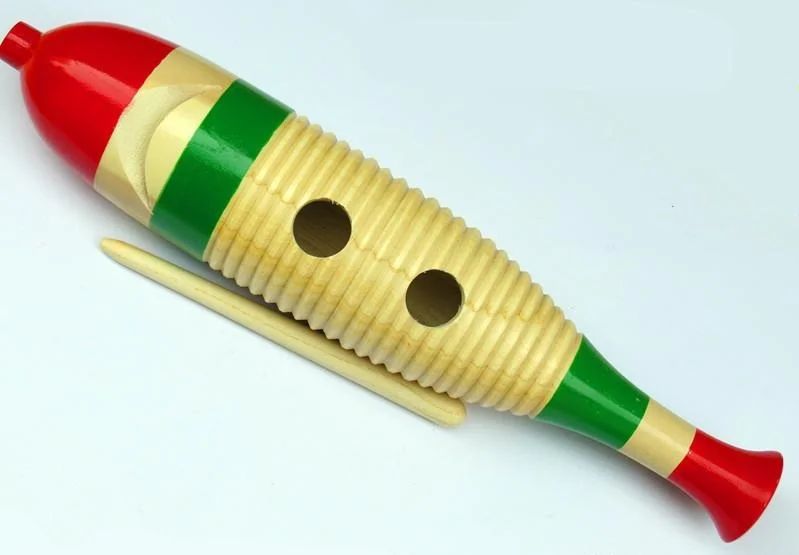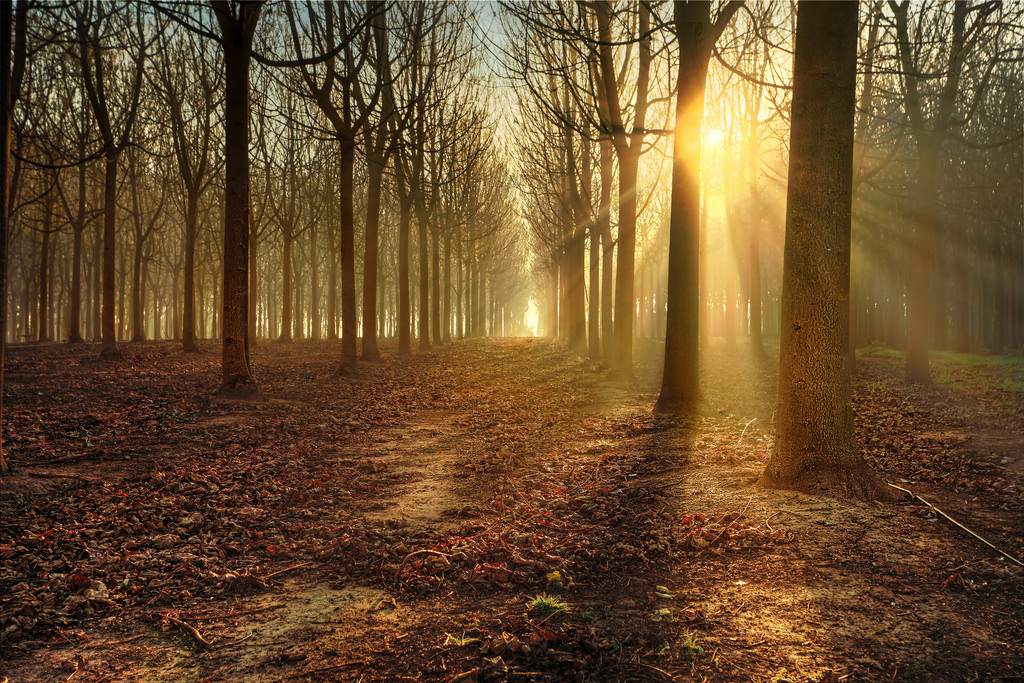Word of the Week: It's an obscure adjective from the late 19th century to describe a person lacking something we all take for granted, but definitely notice when they are missing – eyebrows
Read moreWord of the week: epalpebrate
David Bowie could certainly be described as epalpebrate in this still from The Man Who Fell To Earth




















